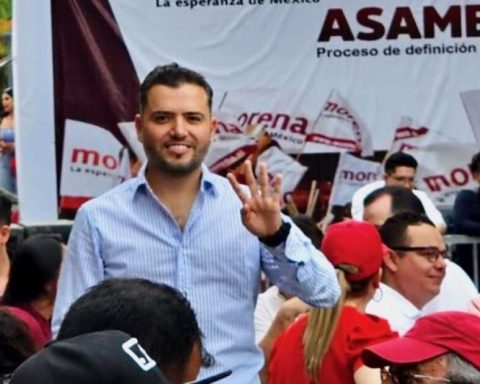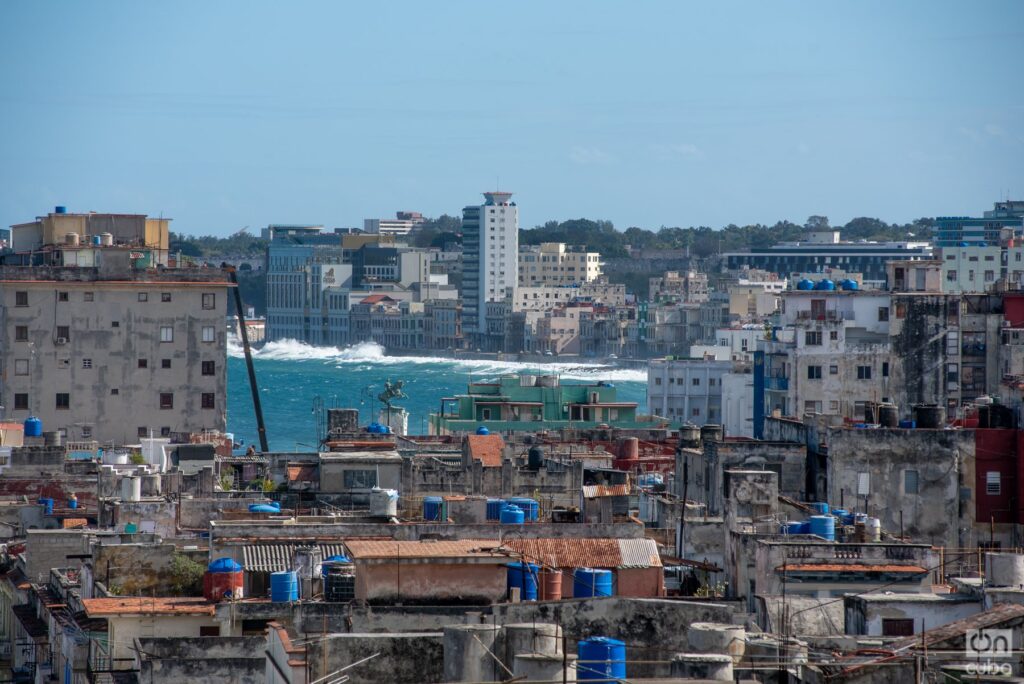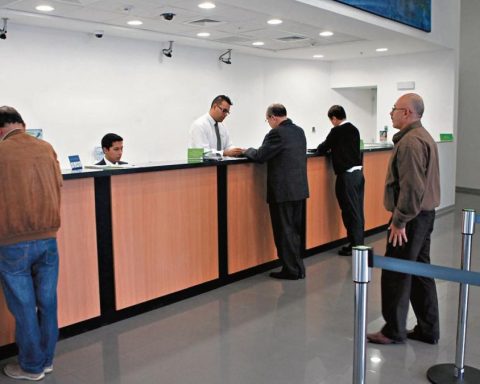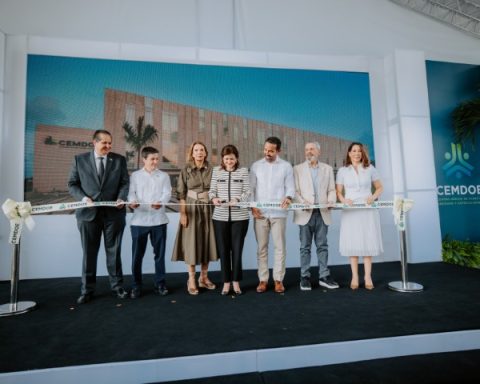Angeles Cruz Martinez
Newspaper La Jornada
Monday, July 25, 2022, p. 3
The Health Institute for Well-being (Insabi) will invest 6.5 billion pesos in works and equipment for national health institutes and highly specialized hospitals, reported Marco Vinicio Gallardo Enríquez, head of the Administration and Finance Unit of the Ministry of Health. Health (Ssa).
According to official information, in several hospitals these are jobs that were abandoned by previous governments, such as in the National Institutes of Pediatrics and Perinatology, which have been detained for seven and 12 years, respectively.
Besides, there are the 327 works in different states of the Republic that also remained unfinished at the beginning of the current administration, of which 153 are already in operation, commented Juan Antonio Ferrer, director of Insabi.
In an interview, the official explained that within the new health plan headed by IMSS-Wellness, Insabi maintains the responsibility of enabling the infrastructure and equipment of the medical units. Also hire and train medical and nursing staff, who will provide their services for the benefit of patients without access to social security in the country.
In this regard, Gallardo Enríquez commented that the investment of 6.5 billion pesos for the last three years of the current administration will come from the Health Fund for Well-being (Fonsabi, formerly the Fund for Protection against Catastrophic Expenses).
He recalled that, with the budget allocated by the Ministry of Finance and Public Credit to this mechanism administered by Insabi, high-cost disease treatments are also paid, medicines, vaccines and supplies for covid-19 are purchased.
Regarding the infrastructure plan planned for highly specialized services, the data collected by this newspaper indicate that in addition to improving the offer of the third level for patients without social security, the objective is not to leave unfinished works, a situation in which the Hospital is also General Manuel Gea González, whose hospitalization tower was damaged by the 2017 earthquakes.
In the General Hospital of Mexico, a new emergency area will be built and the radiotherapy building will be rehabilitated, while in the National Institute of Neurology and Neurosurgery, the emergency room, the operating theaters and the intermediate therapy will be expanded.
In the National Institute of Respiratory Diseases (Iner) it is planned to expand the Infectious Diseases Research Center with an emerging virus laboratory, as well as the Department of Pathology.
Also included is the project to improve the emergency and interventional units of the National Institute of Cardiology.
The replacement of the hospitalization tower of the Salvador Zubirán National Institute of Medical Sciences and Nutrition is the most advanced. It is expected to open this year.

















